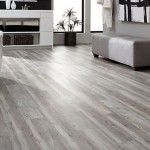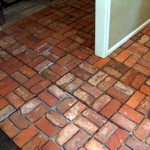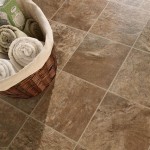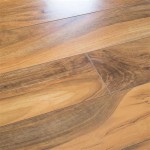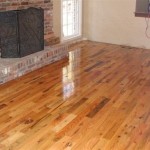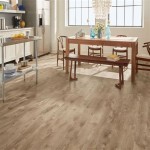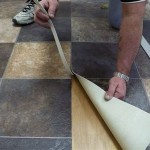Engineered Hardwood Flooring Complaints: Essential Aspects to Consider
Engineered hardwood flooring has become increasingly popular due to its durability, aesthetic appeal, and ease of installation. However, like any flooring material, it can also occasionally elicit complaints.
Understanding the potential complaints associated with engineered hardwood flooring is crucial to making an informed decision before choosing this material for your home. Let's explore some of the common complaints and their potential solutions:
Buckling and Cupping
Buckling occurs when the edges of planks lift, while cupping refers to the upward curvature of the planks. These issues can arise due to excessive moisture or improper installation. To prevent these problems, ensure proper acclimation before installation, maintain a consistent indoor humidity level, and follow the manufacturer's installation instructions.
Gaps between Planks
Gaps between planks can appear due to seasonal expansion and contraction, insufficient tongue-and-groove locking, or improper spacing during installation. To minimize gaps, allow for expansion gaps around the perimeter of the room, choose a product with a tight-fitting locking system, and ensure proper acclimation and installation techniques.
Scratches and Dents
Engineered hardwood flooring, like any wood flooring, can be susceptible to scratches and dents from furniture, high heels, or pet claws. However, the surface finish and protective coatings can provide resistance to these damages. Choose a flooring with a high-quality finish and consider using area rugs or protective mats in high-traffic areas to prevent scratches.
Discoloration or Fading
Exposure to direct sunlight or UV rays can cause engineered hardwood flooring to fade or discolor over time. To prevent this, use curtains or blinds to filter sunlight, apply UV-resistant coatings or rugs, and rotate furniture to minimize uneven fading.
Creaking or Squeaking
Creaking or squeaking noises can occur due to movement of subflooring, loose planks, or insufficient nailing or gluing. To prevent these issues, ensure the subfloor is level, use appropriate underlayment materials, nail or glue the planks securely, and check for any loose areas.
By addressing these potential complaints and taking preventive measures, you can enhance the durability and longevity of your engineered hardwood flooring. Remember to follow manufacturer's instructions carefully, consult with flooring professionals for proper installation and maintenance, and keep your indoor environment within recommended humidity and temperature ranges.

Hardwood Vs Engineered Wood Flooring Which Is Best For You Forbes Home

Engineered Wood Flooring Review And Beyond Blog

10 Major Disadvantages Of Installing Engineered Wood Flooring A Floor Guide Reallyfloors America S Est Hardwood

Engineered Wood Flooring Reviews Pros And Cons S Best Brands 2024 Golink

Engineered Wood Flooring Pros And Cons Forbes Home

Engineered Hardwood Flooring Reviews Best One To Buy

4 Things To Know Before An Engineered Hardwood Floor Carlisle Wide Plank Floors

The 15 Best Engineered Wood Flooring Brands Reviews 2024 Floorings

Engineered Flooring Vs Laminate Everything You Need To Know Forbes Home

Engineered Flooring Reviews Which Is Best For Me
Related Posts

